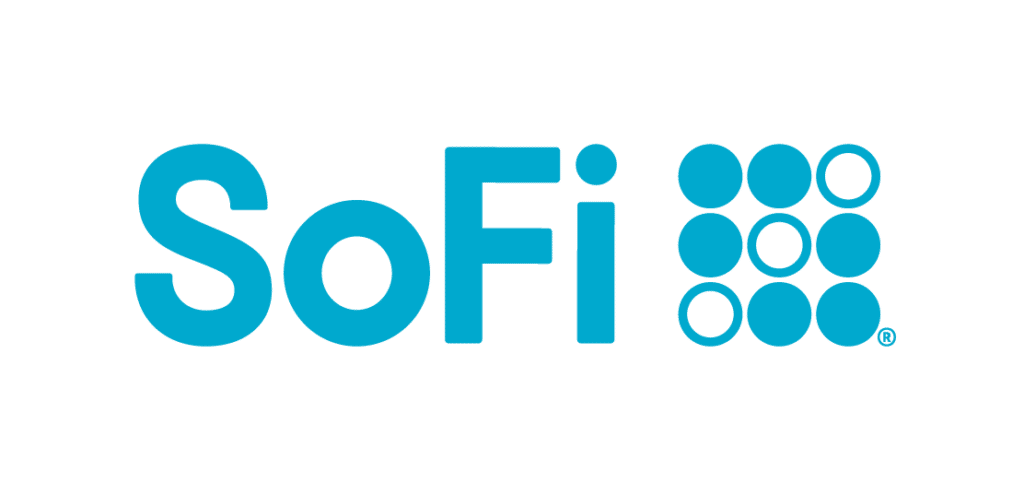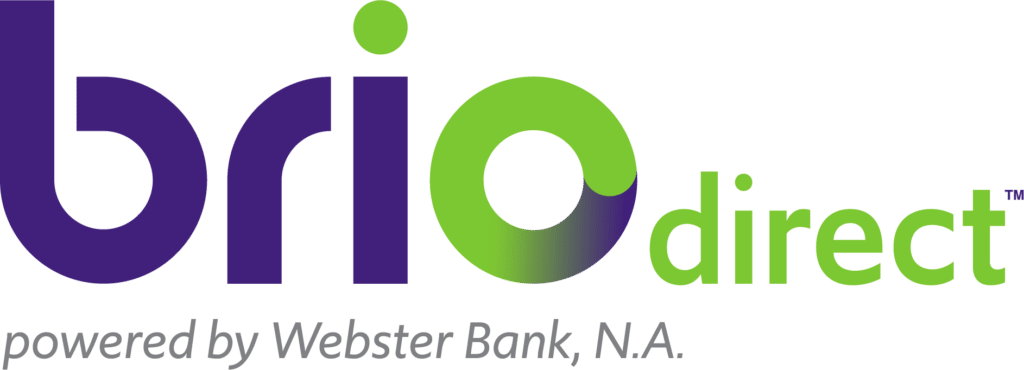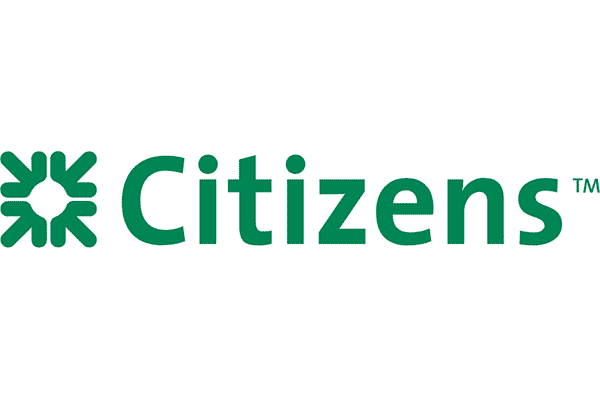- Bonus: Up to $300 with direct deposit
- APY: Up to 4.60% (direct deposit or minimum monthly deposit required)
- Monthly Fees: None
- Minimum Balance Requirement: None
Whether you have a specific savings goal in mind or just want to have an extra cash cushion available, high-yield savings accounts are a great option to grow your nest egg.
- All Accounts
- Best High-Yield Savings Accounts
- Best Money Market Accounts
- Best Small Business Savings Accounts
Most products on this page are from partners who may compensate us. This may influence which products we write about and where and how they appear on the page. However, opinions expressed here are the author's alone, not those of any bank, credit card issuer, airline or hotel chain.
-
SoFi Checking and Savings
- APY0.50% - 4.60%
SoFi members with Direct Deposit or $5,000 or more in Qualifying Deposits during the 30-Day Evaluation Period can earn 4.60% annual percentage yield (APY) on savings balances (including Vaults) and 0.50% APY on checking balances. There is no minimum Direct Deposit amount required to qualify for the stated interest rate. Members without either Direct Deposit or Qualifying Deposits, during the 30-Day Evaluation Period will earn 1.20% APY on savings balances (including Vaults) and 0.50% APY on checking balances. Interest rates are variable and subject to change at any time. These rates are current as of 10/24/2023. There is no minimum balance requirement. Additional information can be found at http://www.sofi.com/legal/banking-rate-sheet.
- Intro Bonus$50-$300Expires December 31, 2024
See full terms and disclosures at sofi.com/banking. Direct Deposit Promotion begins on 12/7/2023 and will be available through 12/31/24. SoFi members with Direct Deposit can earn 4.60% annual percentage yield (APY) on savings balances (including Vaults) and 0.50% APY on checking balances. There is no minimum Direct Deposit amount required to qualify for the 4.60% APY for savings (including Vaults). Members without Direct Deposit will earn 1.20% APY on savings balances (including Vaults) and 0.50% APY on checking balances. Interest rates are variable and subject to change at any time. These rates are current as of 10/24/2023. There is no minimum balance requirement. Additional information can be found at http://www.sofi.com/legal/banking-rate-sheet.
- Minimum
Deposit RequiredN/A - Monthly
Maintenance Fee$0
-
-
SoFi Checking and Savings boasts an impressive APY of up to 4.60% on savings balances for customers who set up direct deposit, or who deposit at least $5,000 each month. This account also offers 0.50% APY on checking balances. There are no monthly maintenance fees, and new customers can even earn a generous signup bonus worth up to $300. If you don’t care about physical bank locations, this is a great option.
- APY0.50% - 4.60%
-
BrioDirect High-Yield Savings Account
- APY5.30%
*Annual Percentage Yield (APY) is accurate as of 6/4/2024. Rate is subject to certain terms and conditions. You must deposit at least $5,000 to open your account and maintain $25 to earn the disclosed APY. Rate and APY may change at any time. Fees may reduce earnings.
- Intro BonusN/A
- Minimum
Deposit Required$5,000 - Monthly
Maintenance Fee$0
-
- One of the best rates around
- Keep track of your savings with online and mobile banking
- No monthly maintenance fee
-
BrioDirect's Direct High-Yield Savings Account offers customers one of the highest interest rates on the market. While its minimum opening deposit requirement is higher than average, all balances over $25 earn its disclosed APY.
- APY5.30%
-
UFB Direct Portfolio Savings Account
- APY5.15%
UFB Direct breaks balances into five tiers, but, currently, there is only one interest rate.
- Intro BonusN/A
- Minimum
Deposit RequiredN/A - Monthly
Maintenance Fee$0
-
- Earn up to 5.15% APY
- No maintenance or service fees
- No minimum deposit requirement
- Complimentary ATM card
- Digital tools for seamless remote banking
- Free transfers between direct deposit accounts
-
The UFB Direct Portfolio Savings Account has one of the highest interest rates we’ve seen for a high-yield savings account at up to 5.15% APY. Plus, there are no monthly fees and no minimum balance to open.
- APY5.15%
-
CIT Bank Platinum Savings Account
- APY5.00%
Earn 5.00% APY on balances over $5,000. Balances of less than $5,000 earn 0.25% APY. Annual Percentage Yield is accurate as of May 6, 2024. Interest rates for the Platinum Savings account are variable and subject to change at any time without notice.
- Intro BonusN/A
- Minimum
Deposit Required$100 - Monthly
Maintenance Fee$0
-
- Get 12x the National Average on your savings.
- Your CIT Bank account is FDIC insured, which means it's secure.
- CIT Bank's mobile app makes it easy to manage your account.
- No account opening or monthly services fees, so you can keep what you earn.
-
The CIT Bank Platinum Savings account offers one of the top APYs on the market right now, and CIT's flexible transfer options make it easy to access your money. So long as you're able to consistently maintain an account balance of $5,000 (the minimum amount required to earn this account's top APY) you'll likely find a lot of value in this account.
- APY5.00%
-
CIT Bank Savings Connect Account
- APY4.65%
Annual Percentage Yield is accurate as of July 27, 2023. Interest rates for the Savings Connect account are variable and subject to change at any time without notice.
- Intro BonusN/A
- Minimum
Deposit Required$100 - Monthly
Maintenance Fee$0
-
- Get a competitive rate on your Savings Connect account
- With the CIT Bank mobile app, deposit checks from your mobile device and make transfers easily
- CIT Bank is your partner in savings. There are no account opening or monthly service fees for savings accounts
-
CIT Bank's Savings Connect account is one of our top picks for high-yield savings accounts. Featuring a competitive flat APY on all balances, it can go head-to-head with most of the top savings accounts available. What's more, you don't have to do anything special to earn this high interest rate; many similar accounts (including some offered by CIT) only offer their highest interest rates to customers who complete certain requirements.
- APY4.65%
-
Citizens Access® Savings
- APY4.50%
- Intro BonusN/A
- Minimum
Deposit Required$0.01 - Monthly
Maintenance Fee$0
-
- Serious savings
- No fees, no surprises
- FDIC insured
- Help if you need it (available 7 days/week)
-
If you plan to park your money for some time, the Citizens Access Savings account is a good bet. This account features an incredible APY, and currently all balances earn the highest rate available. You only need to deposit $0.01 to open an account and earn the APY, and this account doesn't have other fees associated with it.
-
Synchrony Bank High-Yield Savings Account
- APY4.75%
The Annual Percentage Yield (APY) as advertised is accurate as of 5/16/2024. Interest rate and APY are subject to change at any time without notice. Offer applies to personal accounts only. Fees may reduce earnings. For High Yield Savings accounts, the rate may change after the account is opened. Visit synchronybank.com for current rates, terms, and account requirements. Member FDIC.
- Intro BonusN/A
- Minimum
Deposit RequiredN/A - Monthly
Maintenance Fee$0
-
- No minimum deposit
- No minimum balance
- No monthly fees
- Member FDIC
-
Synchrony Bank offers an above-average interest rate on its High-Yield Savings Account. And with no minimum balance or opening deposit requirements, it's easier to hold this account than many similar options. We also appreciate the inclusion of an ATM card for easy funds access.
- APY4.75%
-
Quontic Bank High Yield Savings Account
- APY4.50%
- Intro BonusN/A
- Minimum
Deposit Required$100 - Monthly
Maintenance Fee$0
-
- Earn 4.50% APY with a Quontic High Yield Savings Account
- Start earning interest from Day 1 of your first deposit with no limit on how much you can earn
- Open an account online in just 3 minutes
- Interest is compounded daily and credited to your account every month
-
Quontic High Yield Savings offers customers 4.50% APY, which is a moderately good rate for a high-yield savings account. There’s a low minimum of $100 to open your account, as well as no monthly fees, but as a digital-only bank Quontic does not have physical locations.
Deposit Required
Maintenance Fee
SoFi members with Direct Deposit or $5,000 or more in Qualifying Deposits during the 30-Day Evaluation Period can earn 4.60% annual percentage yield (APY) on savings balances (including Vaults) and 0.50% APY on checking balances. There is no minimum Direct Deposit amount required to qualify for the stated interest rate. Members without either Direct Deposit or Qualifying Deposits, during the 30-Day Evaluation Period will earn 1.20% APY on savings balances (including Vaults) and 0.50% APY on checking balances. Interest rates are variable and subject to change at any time. These rates are current as of 10/24/2023. There is no minimum balance requirement. Additional information can be found at http://www.sofi.com/legal/banking-rate-sheet.
See full terms and disclosures at sofi.com/banking. Direct Deposit Promotion begins on 12/7/2023 and will be available through 12/31/24. SoFi members with Direct Deposit can earn 4.60% annual percentage yield (APY) on savings balances (including Vaults) and 0.50% APY on checking balances. There is no minimum Direct Deposit amount required to qualify for the 4.60% APY for savings (including Vaults). Members without Direct Deposit will earn 1.20% APY on savings balances (including Vaults) and 0.50% APY on checking balances. Interest rates are variable and subject to change at any time. These rates are current as of 10/24/2023. There is no minimum balance requirement. Additional information can be found at http://www.sofi.com/legal/banking-rate-sheet.
*Annual Percentage Yield (APY) is accurate as of 6/4/2024. Rate is subject to certain terms and conditions. You must deposit at least $5,000 to open your account and maintain $25 to earn the disclosed APY. Rate and APY may change at any time. Fees may reduce earnings.
UFB Direct breaks balances into five tiers, but, currently, there is only one interest rate.
Earn 5.00% APY on balances over $5,000. Balances of less than $5,000 earn 0.25% APY. Annual Percentage Yield is accurate as of May 6, 2024. Interest rates for the Platinum Savings account are variable and subject to change at any time without notice.
Annual Percentage Yield is accurate as of July 27, 2023. Interest rates for the Savings Connect account are variable and subject to change at any time without notice.
The Annual Percentage Yield (APY) as advertised is accurate as of 5/16/2024. Interest rate and APY are subject to change at any time without notice. Offer applies to personal accounts only. Fees may reduce earnings. For High Yield Savings accounts, the rate may change after the account is opened. Visit synchronybank.com for current rates, terms, and account requirements. Member FDIC.










